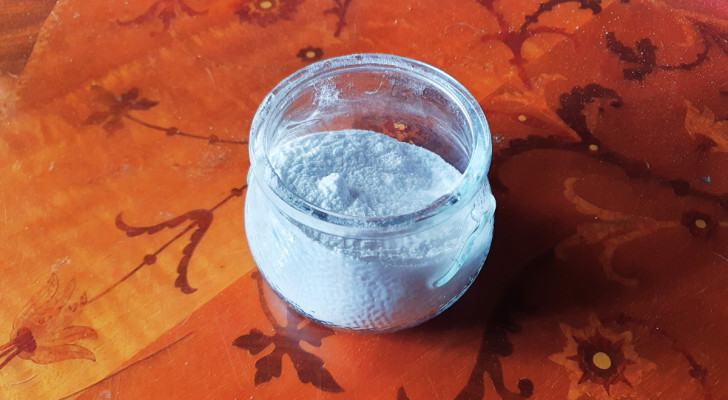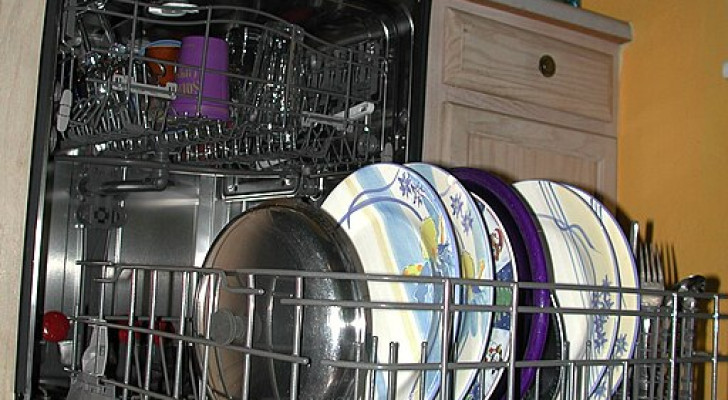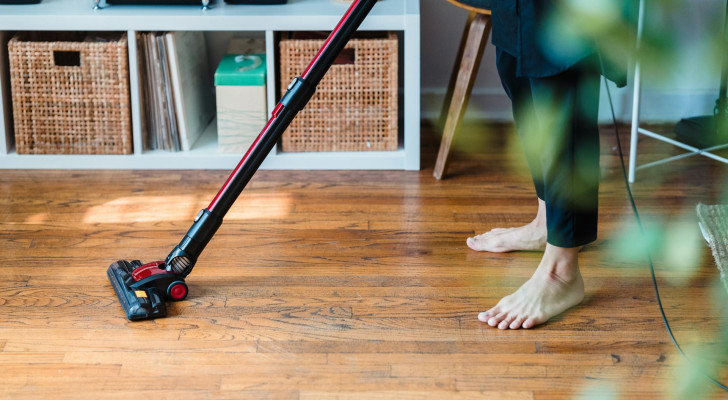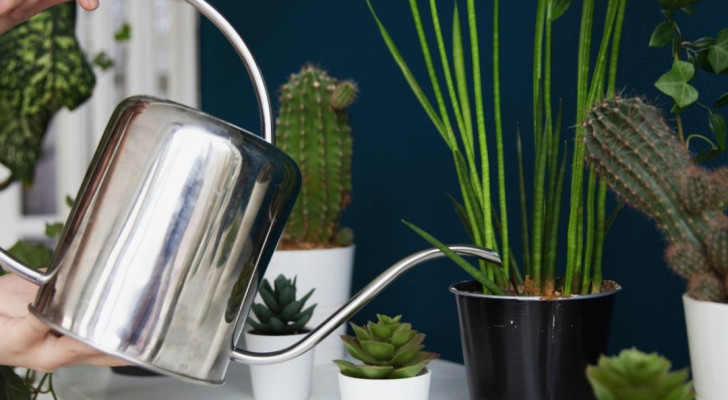Did you know that pasta and vegetable cooking water can be useful for plants? Find out how to reuse it
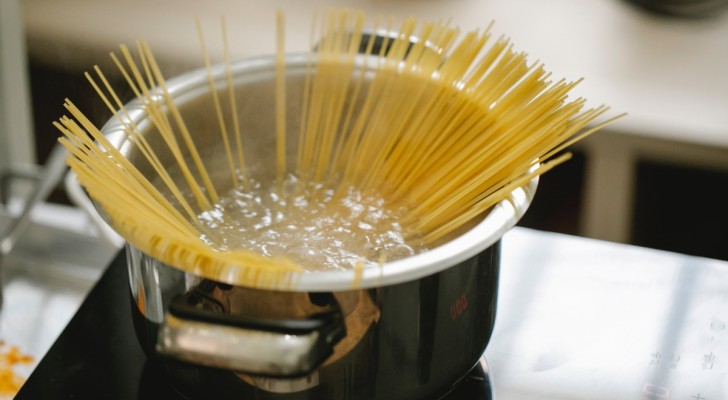
The next time you cook pasta, or boil or steam vegetables, don't throw away the water that remains in the pot or steamer: this cooking water, in fact, can be reused with great benefit for your plants. This is a zero-cost and environmentally friendly practice, as it means not to wasting a precious resource (ie. water). But even when rainfall is abundant, cooking water, given certain conditions, can still be used, because it contains minerals released by cooked foods which are important for the health of our plants.
In short, cooking water is basically a "free" plant fertilizer. But what's the best way to use it? Let's check out some useful information below:
Why does cooking water work for plants?
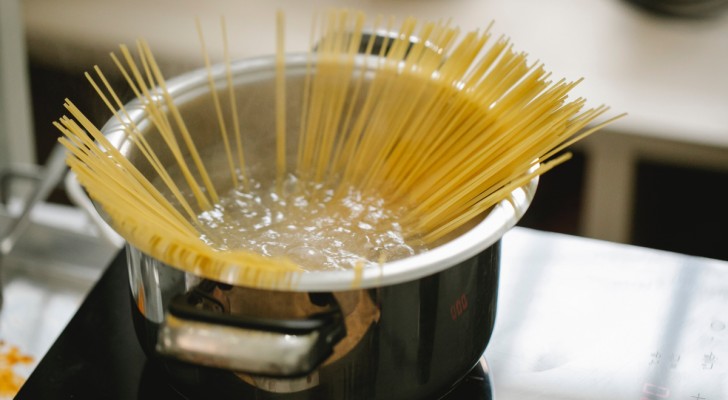
So, why should we use cooking water on our plants? Well, the reasons are numerous:
First of all, it is an important way to avoid wasting natural resources: water shortage is a global reality, even where it is not yet felt in everyday life.
But the main reason is the nutritional benefit this water can give our plants. In fact, when we cook pasta, it releases starch and other substances into the cooking water enriching it with a host of micronutrients that are fundamental for plant health, such as phosphorus, nitrogen and calcium.
So, without spending a cent, we have a natural fertilizer, which we can use on our plants. Further, by using this mineral-rich water, we reduce the need to buy commericial fertilizers and the use of fresh water for irrigation.
When and how can cooking water be used for plant health?
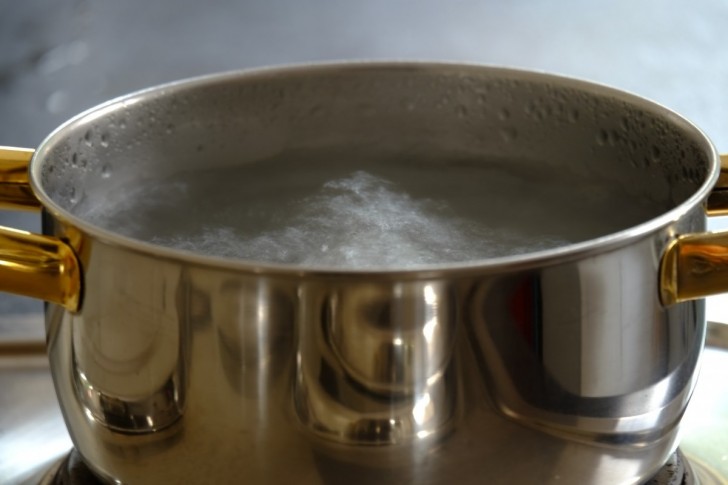
Pxhere (CC0 Public Domain)
There are two golden rules to remember if you want to use cooking water for plants:
- It shouldn't be very salty;
- It must be cold.
The water used to steam vegetables is ideal as we usually don't add salt to this. Simply decant this veggie water into a container and wait for it to cool.
In the case of pasta or boiled vegetables, if you plan to reuse the water for the plants, you should add very little (or no) salt to the water. If the water is very salty, don't use it (or dilute it a lot with normal water). Note, diluting the pasta water will also reduces the quantity of the nutrients.
Once cool, the water can then be simply poured into the watering can and administered to the plant (pouring it around the base).
Only do this once a week and alternate with regular watering. In the case of succulent plants with low watering needs, it is best to reduce irrigation frequency.
Do you use your cooking water for your plants?
